The Sky above us always draw our attention, since the dawn of the first civilisations we looked at the sky as something mysterious and divine.
Humans were stuck on earth wondering if the sky above was the home of the gods. The first priests and fortune tellers of Mesopotamian civilisations studied it and noticed the periodic behaviour of some celestial bodies.
These bodies were the first 6 planets of our solar system plus the sun and the moon, which were considered planets at the time.
Today we know that the sun and the moon are respectively a star and a satellite. We also added more planets to the list for a total of 9...well... 8 official planets (sorry Pluto) after the discoveries of Uranus and Neptune.
But, what is the origin of their names?
Despite the names that survived in the history, the original names of the planets come from Babylonians which came from Sumerians.
| Sumerian | Babylonian | Greek | Latin | English |
|---|---|---|---|---|
| Nanna | Sin | Selenê | Luna | Moon |
| Enki | Nabû | Hermes | Mercurius | Mercury |
| Inanna | Ishtar | Aphroditê | Venus | Venus |
| Utu | Shamash | Helios | Sol | Sun |
| Gugulanna | Nergal | Ares | Mars | Mars |
| Enlil | Marduk | Zeus | Iuppiter | Jupiter |
| Ninurta | Ninurta | Kronos | Saturnus | Saturn |
It is worth to be noticed that gods roles were in most cases recycled. For instance, Nergal, identified with the planet Mars, was the god of war and pestilence. Reminds you of anyone?
Speculations aside, the Latin names were adopted by the scientific community because of their wide use and the names we have today may be due to the similarities between the planets behaviours and the gods personalities.
So here’s a the list of why Planets have their names
Mercury
Mercury is the planet closest to our Sun and for this reason it has a shorter year, in fact it takes around 88 days to make a complete trip around the Sun. Maybe for this reason it was associated with the Mercury, the fastest of all gods.
Venus
Venus, the only planet named after a goddess, is the brightest celestial body right after the Sun and the Moon. Maybe it was thanks to this feature that it was named after the goddess of love and beauty.
Mars
Because of its reddish color, Mars was called after the god of War. Its color probably reminded the observers of the blood shed by warriors on the battlefield.
Jupiter
Jupiter is the biggest planet of our solar system, it is hat astronomers call a gas giant. To understand how big it actually is imagine that you could fit around 1300 earths in volume inside Jupiter.
It is not a coincidence that it was named after the king of all the Roman gods.
Saturn
Saturn is the slowest and the second biggest planet of our solar system, a perfect fit for the titan Saturn, father of Jupiter and god of time.
Uranus
Uranus was discovered for the first time in 1781, even if it may have been observed in the past and mistaken for a star. At first, it was called Hersachell as its discoverer, but later it was called as the greek god of the Sky, father of Saturn and grandfather of Jupiter, since it was discovered beyond the orbit of these last two planets.
Neptune
Neptune was mathematically predicted before even getting observed. After its observations and to keep the tradition of naming planets after Roman gods, it was called after the god of the sea due to its blue color.
Pluto
I know it’s not a planet anymore, but when it was discovered in 1930 it was considered as one. As every planet before it, Pluto is called after a Roman god, the god of the underworld because of its extremely long distance from the Sun.
Who names planets today?
Since it was founded in 1919, the International Astronomical Union (IAU) has been in charge of naming all celestial objects. Due to the large number of exoplanetary discoveries it is a good thing we do not name planets after Roman deities anymore, we may run out of gods pretty soon.
Sources: Jupiter vs Earth volume, Mesopotamian Planets Names

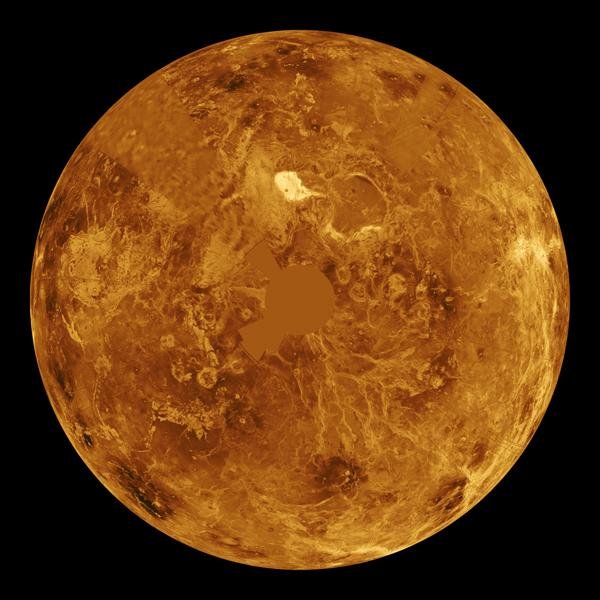
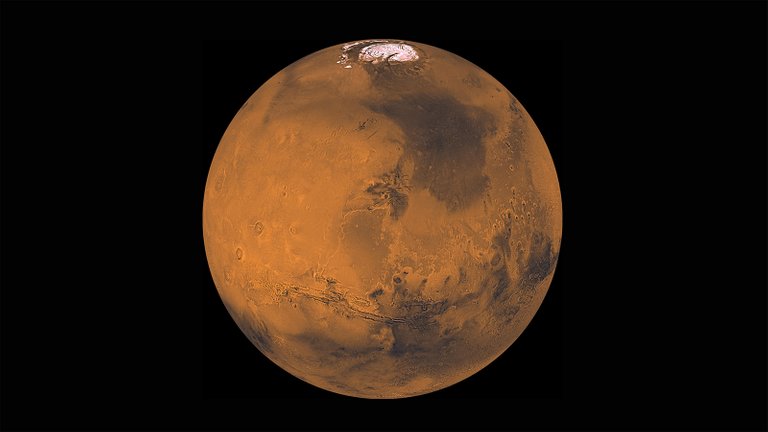
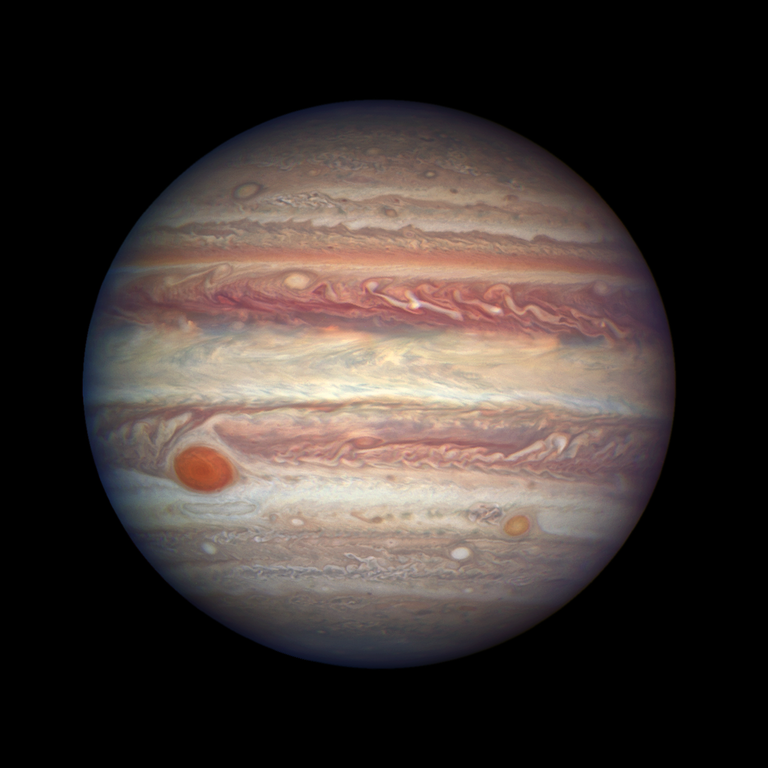
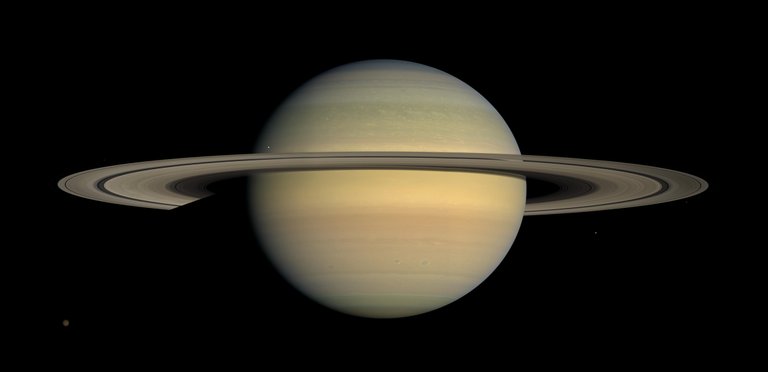
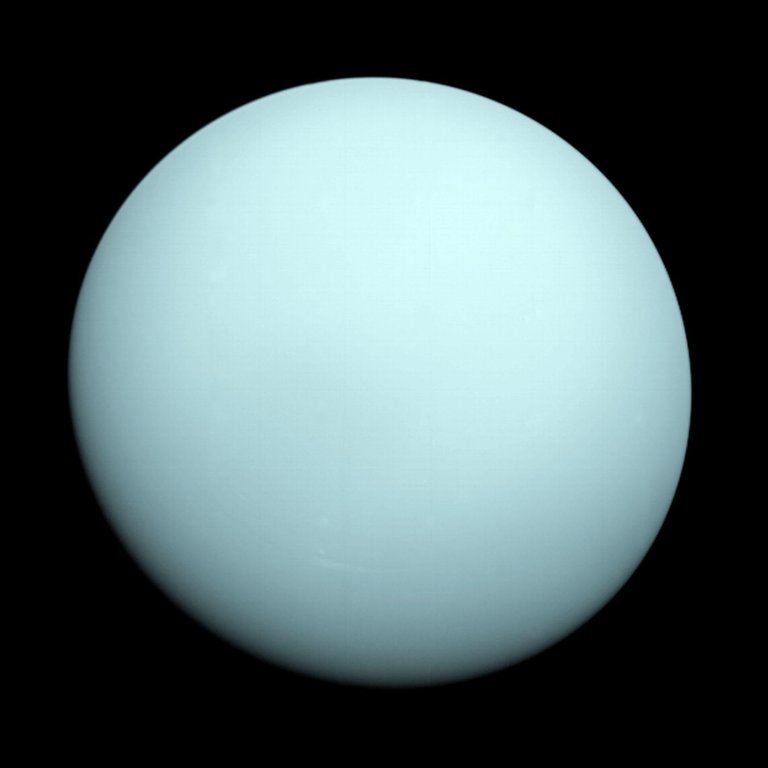
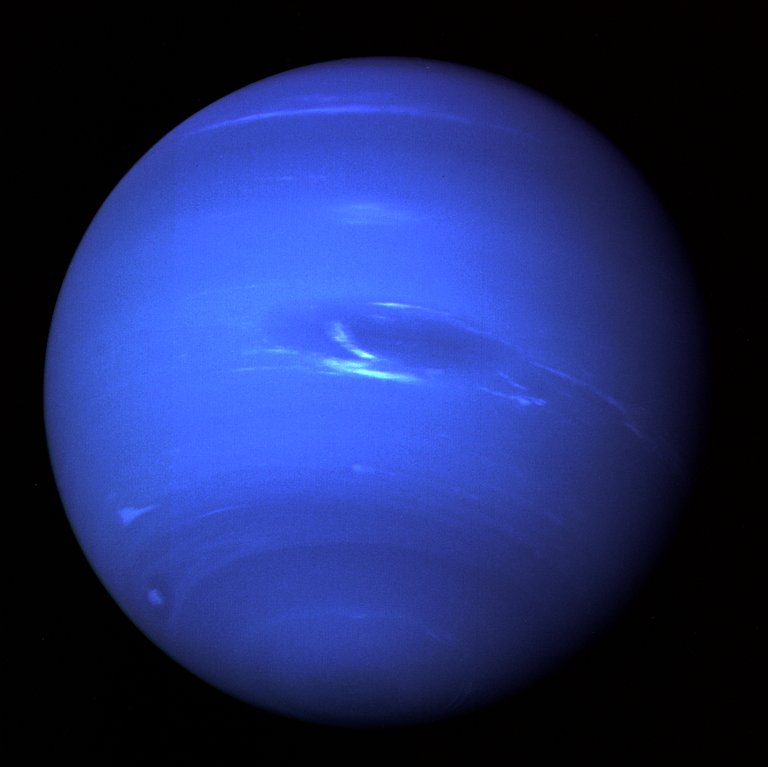

This post has received a 1.67 % upvote from @booster thanks to: @bendelgreco.
This post has received a 0.46 % upvote from @buildawhale thanks to: @bendelgreco. Send at least 1 SBD to @buildawhale with a post link in the memo field for a portion of the next vote.
To support our daily curation initiative, please vote on my owner, @themarkymark, as a Steem Witness